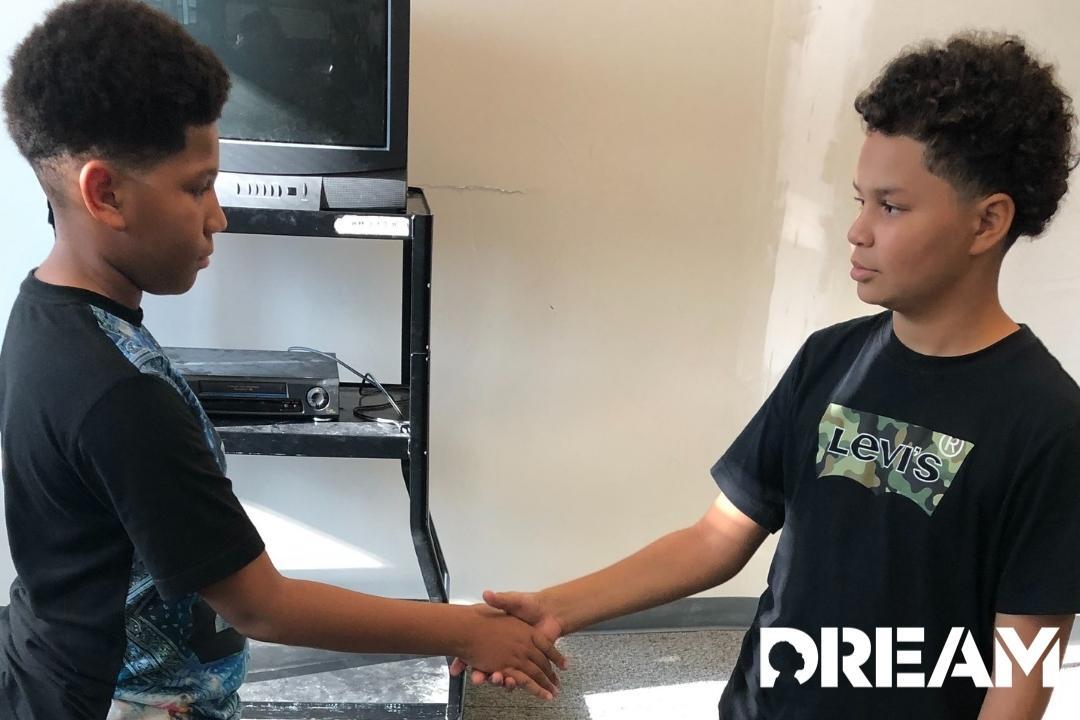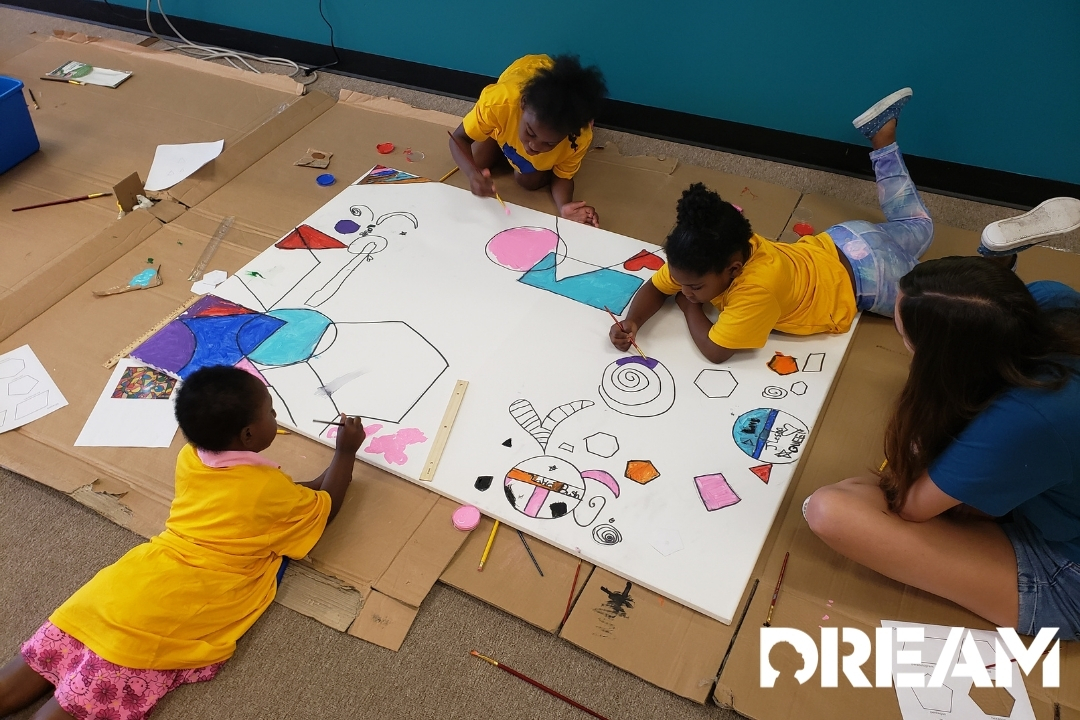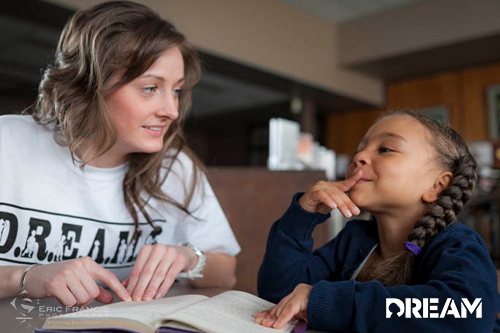It’s important for kids to grow up treating people of all races and backgrounds with respect. When it comes to teaching your child about respect, the key is to be a good role model. You first have to start by teaching them what respect means, then you can move on to how they can apply it to their own words and actions.
Through our mentoring programs in Omaha, NE, we hope to help teach young people how to relate, understand and communicate with their peers, parents, educators and everyone in the community. It’s our duty along with parents, mentors and teachers to guarantee the kids in our community have the chance to grow to their full potential, all while maintaining a respectful lifestyle. Keep reading to see how you can help explain and teach respect.
How to explain respect
Respect is how we both think about and treat other people. It’s important to put respect in terms young people will understand. You can tell them respect is a feeling. That way, you can say when you feel respect for someone, you treat them with kindness. It might be easier for them to grasp respect by telling them to simply treat others how they want to be treated.
When someone is respected, they feel good; likewise, when someone is disrespected, they feel bad. Depending on their age, you can provide them with examples. If your child is younger, try telling them that respect is following rules to show that you care about who made them. If your child is a bit older, you can tell them that respect is listening to other points of view to show you care about them.
How to teach respect
Once you have explained respect, you can begin to teach them how to be respectful in all aspects of their life. Just because you have explained respect to them does not mean they’ll apply it right away. You’ll need to be patient when teaching them respect. Here are some ways to give lessons on respect:
Be a role model
Value their choices, give them a choice in decision making and practice good manners. If your child sees you being respectful, they’ll likely follow along. We often learn by watching the ways that other people behave.
Define behaviors
Speak politely. If your child made a mess during playtime, instead of saying, “You made such a mess,” say, “Let me get you a sponge and help you clean this.” We’re human, and we’re going to make mistakes, so it’s important to acknowledge that and go about fixing it respectfully.
Show them how
Telling your child to be respectful isn’t really enough, you’ll need to give them examples and show them how to be respectful. You can practice what’s called positive gossip. For example, you can say to your son, “Your sister has gotten really good at the piano.” It’s all about taking the attention off themselves sometimes and building others up, respectfully.
Discipline disrespect
Resolve conflicts by disciplining disrespect. You have to let your child know that disrespectful behavior isn’t okay. That will help them distinguish between what’s respectful and what’s not.
Teach them to expect respect
Your child should also know that they should be treated with respect as well. Through simple things like learning to share a toy with a friend when they’re young, they’ll grow up knowing how respect should apply to different situations and relationships throughout their life.
Experience other cultures
One way to ensure your child grows up to know other cultures is to start exposing them to different ways of life when they’re young. The Omaha Children’s Museum has exhibits on different cultures; taking them to a display such as Namaste India is a fun way to teach them about different cultures. You can also take them to unique restaurants and pride parades to show them how other people live their lives.
Participate in DREAM’s mentoring programs in Omaha, NE
DREAM gives your child the opportunity to attend mentoring programs in Omaha, NE. This is especially helpful if you work later than your child attends school. We want to give youth a safe space to help ensure future success. Contact us today for more information!






